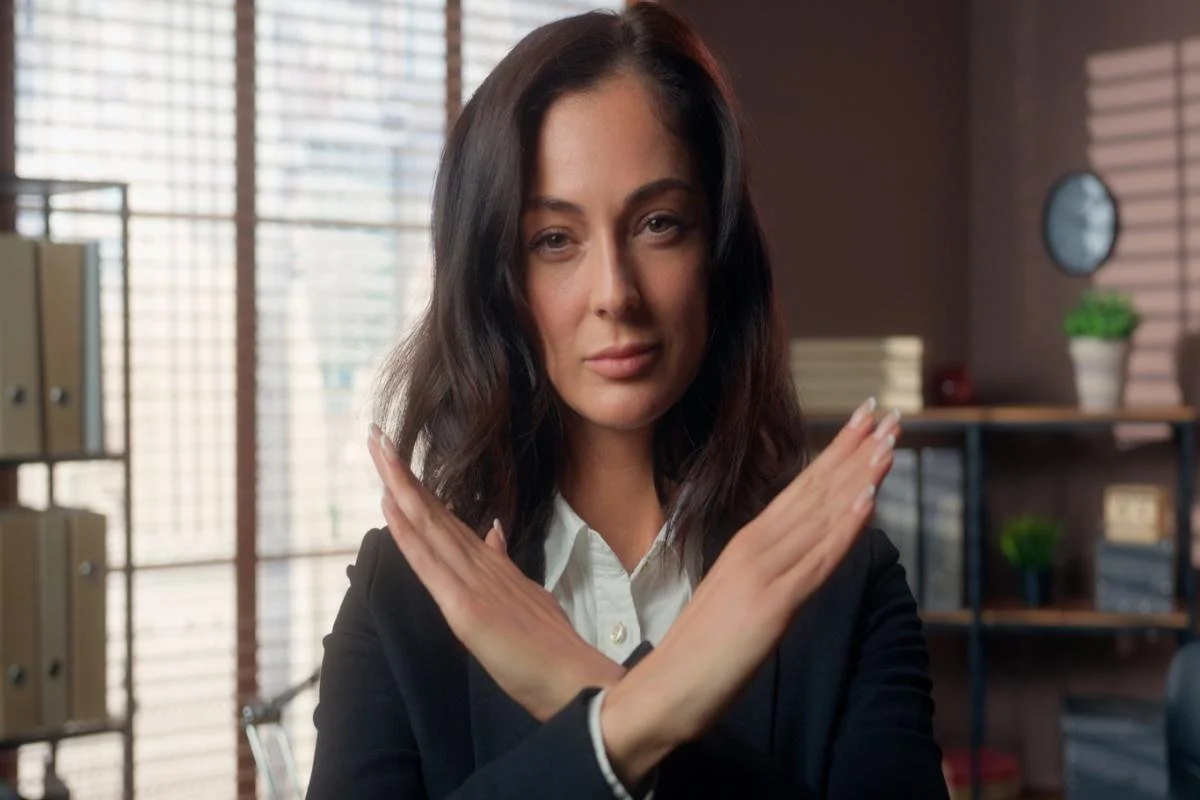Workplace Dangers in Meatpacking Industry Increase Amid Covid-19 Pandemic
/Meatpacking workers typically work eight-hour shifts, six days a week, and are frequently injured on the job. Common injuries lead to knee replacements, shoulder injuries, nerve damage, and many other health issues. Workplace injuries are abnormally high in the meatpacking industry (i.e., an average of two amputations occur each week). Workers are almost 10x more likely to die on the job than workers in other industries. The effect of the Covid-19 pandemic only increased the risks of working in the meatpacking industry.
The Effect of Covid-19 on the Meatpacking Industry:
Meatpacking plant supervisors sped up production lines in response to the increase in sick days taken by regular employees as Covid-19 spread throughout the state. Employees who couldn’t keep up with the increased production rate and those who were unable to put in overtime hours were disciplined or fired. Meatpacking industry workers not only fear exposure to the virus, but they fear being injured as they are expected to increase production amid increased employee shortages.
LA’s Meatpacking Industry Shows 2nd Highest Number of Infections After Nursing Homes:
Fifty-three thousand food workers throughout the nation tested positive for Covid-19 since April 2020, and more than 200 of those died due to Covid-19. Most of them worked in the meatpacking industry. LA’s meatpacking industry showed the second highest number of Covid-19 infections, second only to nursing homes. The numbers may be higher since some businesses are slow to report positive cases, delay testing employees, and fail to report apparent outbreaks to the appropriate organizations.
Foster Farms Meatpacking Factory Outbreak: Accurate Reporting for Employee Safety
The Foster Farms factory was shut down so they could conduct a deep cleaning after officials discovered that eight Foster Farms employees died after they got the virus. Three hundred fifty-eight other employees tested positive for Covid-19. However, Foster Farms reported only one Covid-19 death in 2020. An internal memo noted a contradictory total of nine Covid-19 employee deaths in 2020. Employers are legally required to report work-related severe injuries, illnesses, or deaths, yet the Livingston Foster Farms facility failed to do so. As of August 2020, Cal/OSHA received reports of 122 fatalities and 494 injuries or illnesses related to Covid-19. Many believe the numbers are significantly higher due to failures to report accurately similar to the Livingston Foster Farms facility situation.
If you have questions about California labor law violations or how employment law protects you against the adverse effects of the Covid-19 pandemic, please get in touch with Blumenthal Nordrehaug Bhowmik DeBlouw LLP. Experienced employment law attorneys are ready to assist you in any one of various law firm offices located in San Diego, San Francisco, Sacramento, Los Angeles, Riverside, and Chicago.










